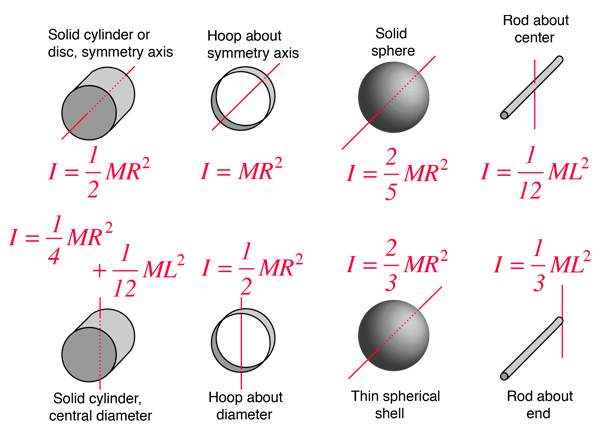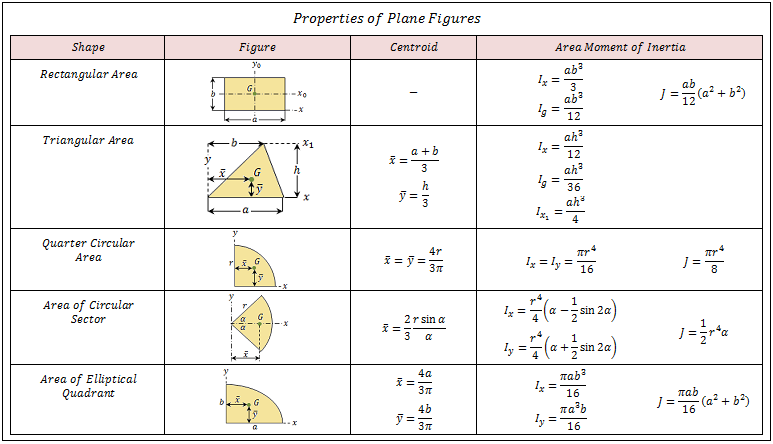Let's say that we have the moment of intertia:
$$J = mR^2$$
And the mass $m$ is on the $(x, y)$ position. Can I say that moment of intertia is then:
$$J = mR^2 = m\sqrt{x^2 + y^2} ^2 = m(x^2 + y^2)$$
The same if I got two masses $m_1, m_2$ and $m_1$ is on position $(x_1, y_1)$ and mass $m_2$ is on the position $(x_2, y_2)$. The moments of intertia are then:
$$J = m_1R_1^2 + m_2R_2^2 = m_1\sqrt{x_1^2 + y_1^2} ^2 + m_2\sqrt{x_2^2 + y_2^2} ^2 = m_1(x_1^2 + y_1^2) + m_2(x_2^2 + y_2^2)$$
Is this true? Or is it true, but it's a very bad way to do that formulation. Especially if the masses $m_1 , m_2$ are on a robotic arm.


